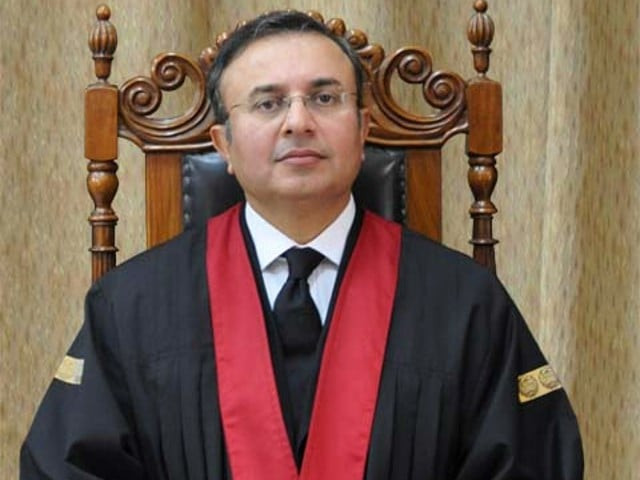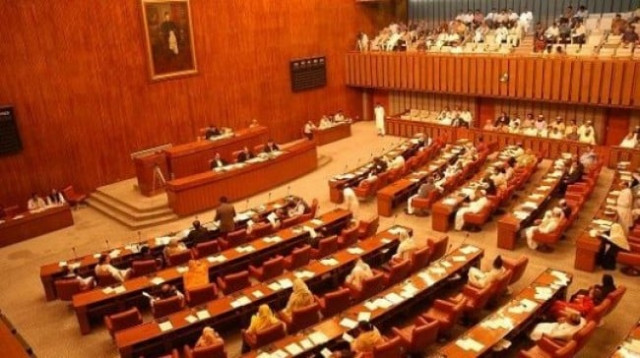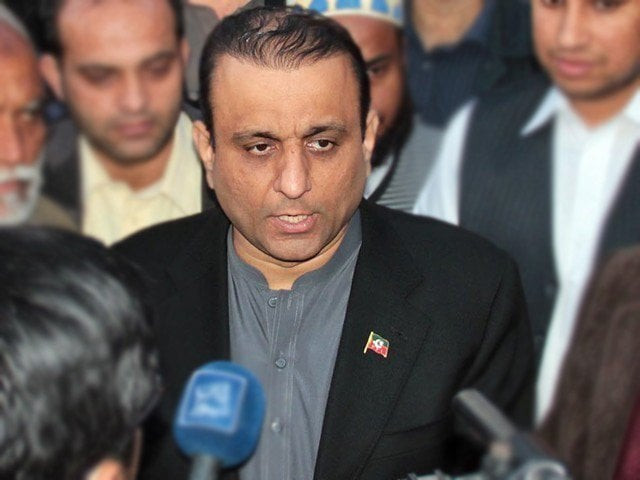An Unprecedented Letter: The Call for Judicial Integrity in Pakistan
In a strikingly candid letter, Justice Syed Mansoor Ali Shah of the Supreme Court of Pakistan has expressed serious concerns about the current administration of the court under Chief Justice Yahya Afridi. Addressing the Chief Justice directly, Justice Shah urged him to openly respond to key questions regarding the autonomy and functionality of the apex court at the upcoming judicial conference on September 8.
This seven-page letter, penned on September 4, reveals a growing frustration about what Justice Shah calls "persistent and complete indifference" from the Chief Justice. He highlights an unsettling trend where his previous communications have gone unanswered, ultimately undermining the collegial nature necessary for a functioning courtroom.
One of Justice Shah’s primary concerns revolves around the severe deviation from established procedures for bench formations. He queries why a three-member committee, formed under the Practice and Procedure Act of 2023, has yet to hold a single meeting since the Chief Justice took office in October 2024. Instead, bench formations are being done unilaterally, which raises questions about not just procedural fairness but also judicial independence.
Moreover, Justice Shah points out that important discussions concerning national policy matters are not being assigned to senior judges, further suggesting that an environment of control, rather than efficiency, is at play. He expresses worry that this could lead to a deterioration of judicial integrity, with implications for the legal landscape of Pakistan.
In the letter, Justice Shah also raises objections to the recent approval of revisions to the Supreme Court Rules. He echoes sentiments that such significant changes should have undergone comprehensive debate in a full court meeting, highlighting the importance of collaboration and collective wisdom in shaping judicial practices.
The letter also highlights procedural concerns, especially around the policy for dissenting opinions, emphasizing the need for transparency and open dialogue. Justice Shah argues that the survey-style approach to collecting judges’ opinions cannot replace the depth of discussion that occurs in a full court setting.
Justice Shah also emphasizes the importance of judicial independence when it comes to administrative decisions. He questions the validity of a General Standing Order (GSO) dictating judges’ leaves and their personal information requirements, which he views as contrary to the spirit of constitutionalism.
The urgency of these institutional questions points not just to the internal dynamics of the Supreme Court but also to the critical role the judiciary plays in Pakistan’s democracy. Justice Shah’s call for clarifying the relationship between individual independence and collective governance resonates with legal scholars and public citizens alike.
As we approach the judicial conference, the nation eagerly awaits the Chief Justice’s responses. Justice Shah’s letter serves as a wake-up call, not only for the judiciary but for all citizens committed to transparency and integrity in governance.
For those interested in discussions surrounding legal reforms and judicial integrity, engaging with thought-leading platforms like Pro21st can offer valuable insights and avenues for further connection. Let’s stay informed and involved in shaping a judicial system that truly serves its purpose.
At Pro21st, we believe in sharing updates that matter.
Stay connected for more real conversations, fresh insights, and 21st-century perspectives.





